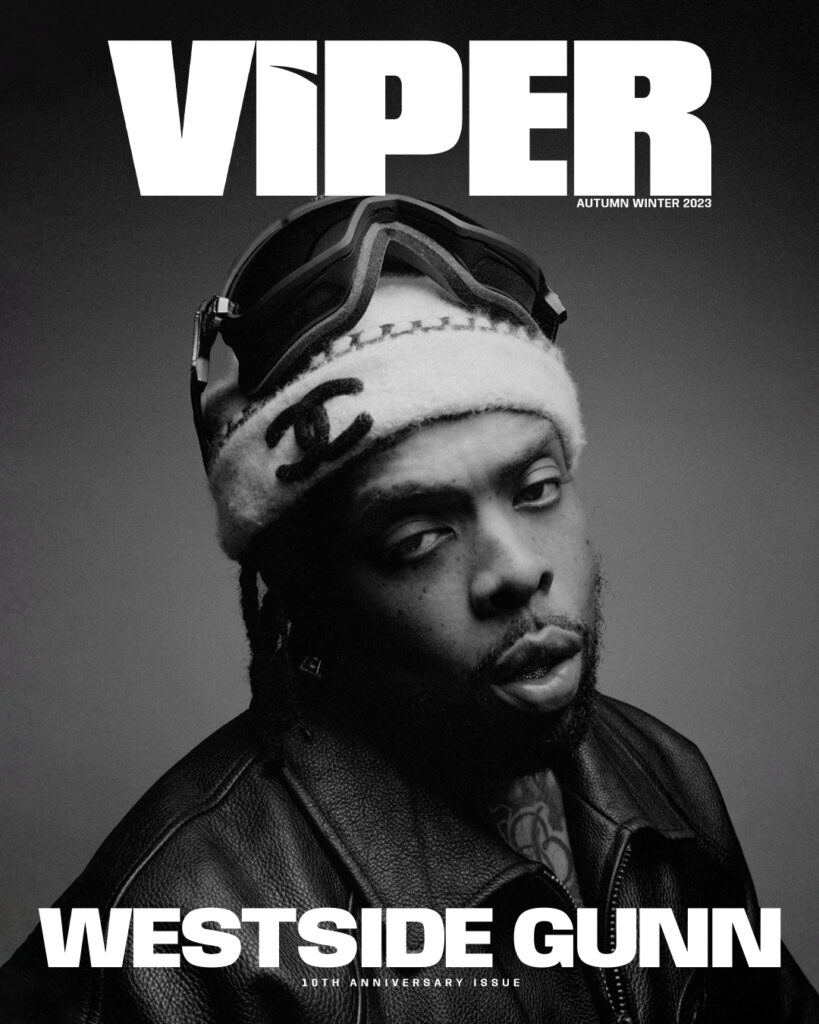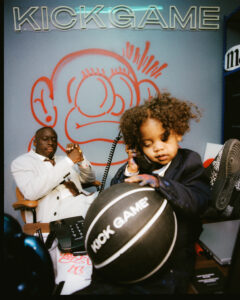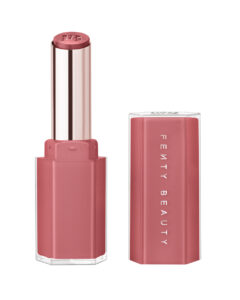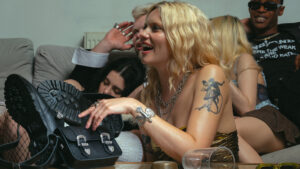EXPLORING THE CONFLICT OF BEING A FEMINIST AND A RAP FAN…
This one goes out to the ladies, because we know you’ll relate…
Once I was in a club debating whether to stay on the dance floor or head to the bar, when the DJ played one of my favourite songs ever, Snoop Dogg’s ‘Ain’t No Fun’, a move that immediately rendered my questioning pointless; I was staying on the dance floor. But as I was dancing, there came a point during the first verse when I stepped outside of myself and wondered – why on earth am I joyfully singing a song that includes the line, ‘I had respect for you lady but now I take it all back’? Hidden behind one of the greatest feel-good beats of all time is the underlying message that once you’ve slept with a girl, she’s immediately classed as a ho and can be passed around your friends. This suggestion is indicative of how contradictory life can be as a female hip hop fan; simultaneously loving the genre and feeling depressed by what it glorifies. As University of Richmond professor Erik Nielson stated in an article for NPR, “For years, dominant male artists have made a fortune demeaning and degrading women, often portraying them in lyrics and videos as interchangeable objects of sexual pleasure, while increasingly limited radio and television rotations have made alternative representations of women harder to find.” Or to put it in more relevant terms, it’s hard out here for a bitch.
Being a female rap fan generally means at some point you will have to defend the genre to other women with alternative musical tastes, which is difficult to do without appearing as woman-hating as the average rapper. As Viper editor Lily Mercer admits, “When people ask how I feel about misogynistic lyrics I find myself sounding like the girl Chris Rock describes in his stand up that’s outraged by the question, saying, “he ain’t talking about me!”” Derogatory language about women is so commonplace that it’s easier to list songs with positive messages about females, as the negative ones far outweigh the positive. But we all have our own version of ‘Ain’t No Fun’.
For Lily, that song is ‘Bridgette’ by The D.O.C. “It’s got a pretty piano melody that I feel nostalgic for but the lyrics are really terrible,” she explains. “It’s about a promiscuous girl and The D.O.C plots his revenge on her, which climaxes in something that sounds a lot like gang rape.” Aisha Badmus, another bonafide rap fan, cites ‘Loyal’ by Chris Brown as a more recent example: “I feel like a hypocrite but goddamn the song is too good, which is no justification for overlooking the profoundly offensive lyrics and limited views of womanhood.” This is not only uncomfortable for female listeners, but as Aisha points out, “it’s also quite emasculating to men in an ironic way – the notion that men can only be a certain type of ‘man’ and can only come together when denouncing women.”
One of the many rap artists to call attention to ways the negative terminology can affect people is Lupe Fiasco, who on the 2012 track ‘Bitch Bad’ tells the story of how the word bitch is interpreted either positively or negatively by a little boy and girl. As the song indicates, a lot of women have reclaimed the word bitch and particularly the term ‘bad bitch’ to mean fierce and strong but it can still be used against us, like a less explosive version of black people’s use of the N word. Fiasco explained to Rap Fix Live, “[The term] bad bitch… has some destructive
elements to it, especially when you look at who it’s being marketed towards. That’s why we put children in the video.” This is something that comes up a lot in discussion about violent or sexist language in hip hop – it’s all kinda OK as long as you’re old enough to know that it isn’t an acceptable way for you personally to behave or be referred to. Or, as Lily puts it, “I don’t personally get offended by songs, but I am concerned hearing lyrics like ‘pass her to my homie’ because I hope young women listening to the music don’t think that’s normal in any way.”
Taking children out of the equation, I have to admit that although I wouldn’t be happy to hear certain words used to my face, it’s never interfered with my enjoyment of hip hop. I’m pretty desensitised to the word bitch at this point and I’ve always thought of terms like ‘ho’ and ‘trick’ as unisex – I’ve known plenty of male hoes in my time and I have no love for them either, thank you very much. Something harder to justify is a theme that comes up in ‘Bridgette’: the portrayal of domestic and sexual violence in rap songs, which can be trivialised to an upsetting degree. A recent example is ‘Drunk in Love’, the ode to marital sex from Jay Z and Beyonce. I’m by no means the first to point out that the line, “eat the cake Anna Mae,” here used as an innuendo, refers to one of the most upsetting scenes in the Tina Turner biopic, ‘What’s Love Got To Do With It’, in which Ike Turner forces her to eat cake and physically attacks her in a breakfast diner. And this is the line a husband chooses to rap to his wife and the mother of his child – a woman who claims she is a feminist – on a song that was at Number 1 in the Billboard R&B/hip hop charts for weeks.
Unfortunately, the theme of sexual violence being trivialised to the point of titillation is so commonplace in rap music that most of us don’t really notice unless it’s in a super popular song (i.e the ‘Blurred Lines’ Effect) or is just spectacularly bad. A recent example of a mix of the two is the now infamous Rick Ross line, “Put molly in her champagne, she ain’t even know it / I took her home and enjoyed that she ain’t even know it.” Moving past the wildly false advertising on the effects of MDMA (quite possibly the worst drug to use for date rape unless you want to deal with a really hyperactive and talkative victim), it was pretty heartwarming to see him called out extensively for this line, plus lose several endorsement deals off the back of it.
Sometimes this sexist content is overlooked, suggesting that with the inclusion of such lyrics and references, women shouldn’t be listening to hip hop at all. However I know from personal experience that a girl into Drake will be met with a lot less surprise than a girl into OG Maco, for example, suggesting that somewhere along the line a definition of ‘girl rap’ was established, of which I had no knowledge. Obviously we here at Viper do not believe that any type of music is specifically for males or females, or you wouldn’t be reading a hip hop magazine with two female editors. And we are by no means unique, The Source has been run by editor-in-chief Kimberly Osorio since 2003 and XXL by Vanessa Satten since 2009. And the fact that there’s such a wide variety of female rappers out there also shows how stupid this notion is. How could we have such new and unique female rap artists – from Doja Cat to Chynna – if girls had to be confined to just one music genre?
This is an extract from the Spring Summer 15 Issue of Viper Magazine. Read more from the magazine here. Buy physical and digital copies here.
Photos from Zoe Buckman’s Every Curve Exhibit
Words by Lauryn Tomlinson




